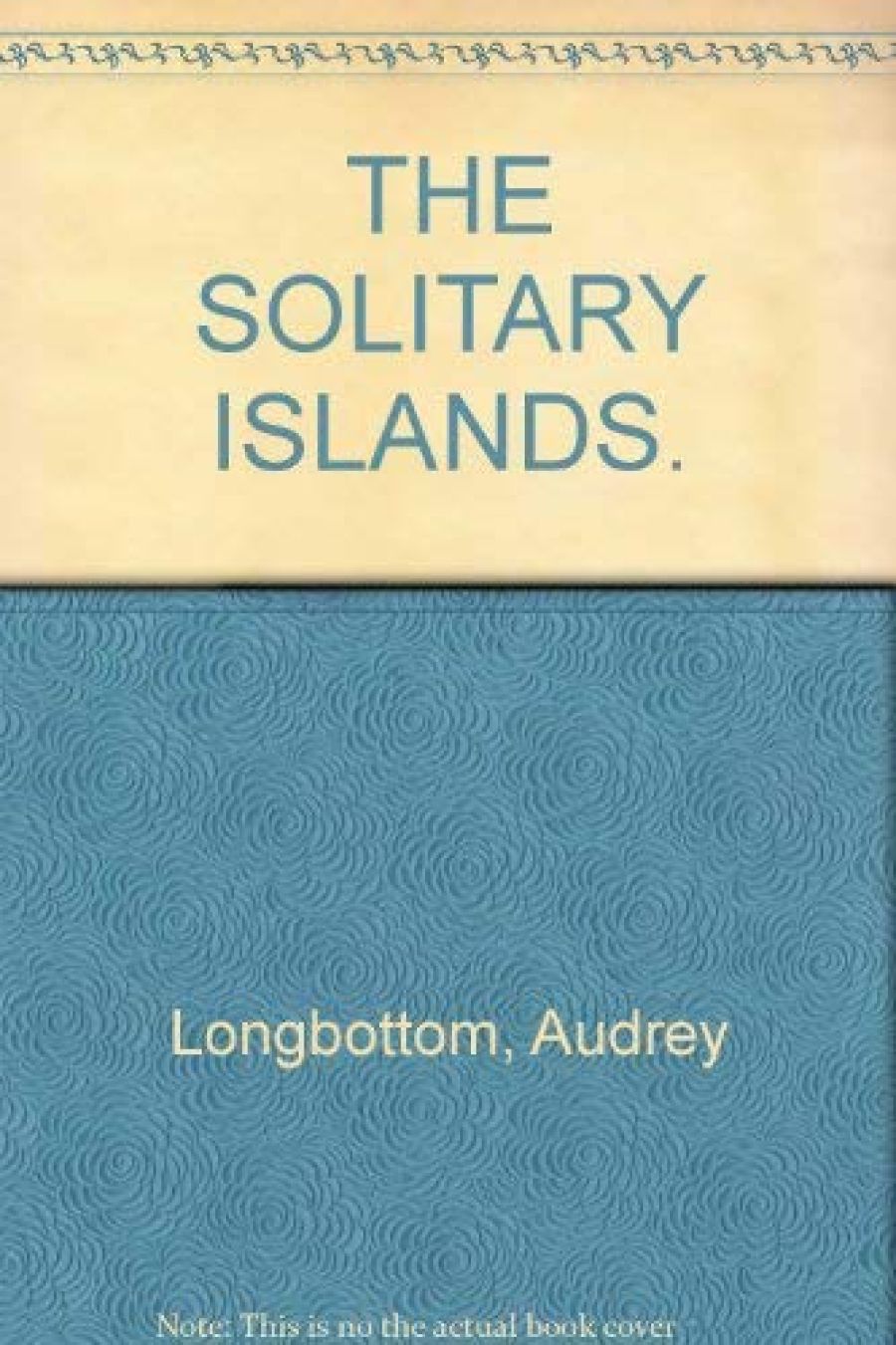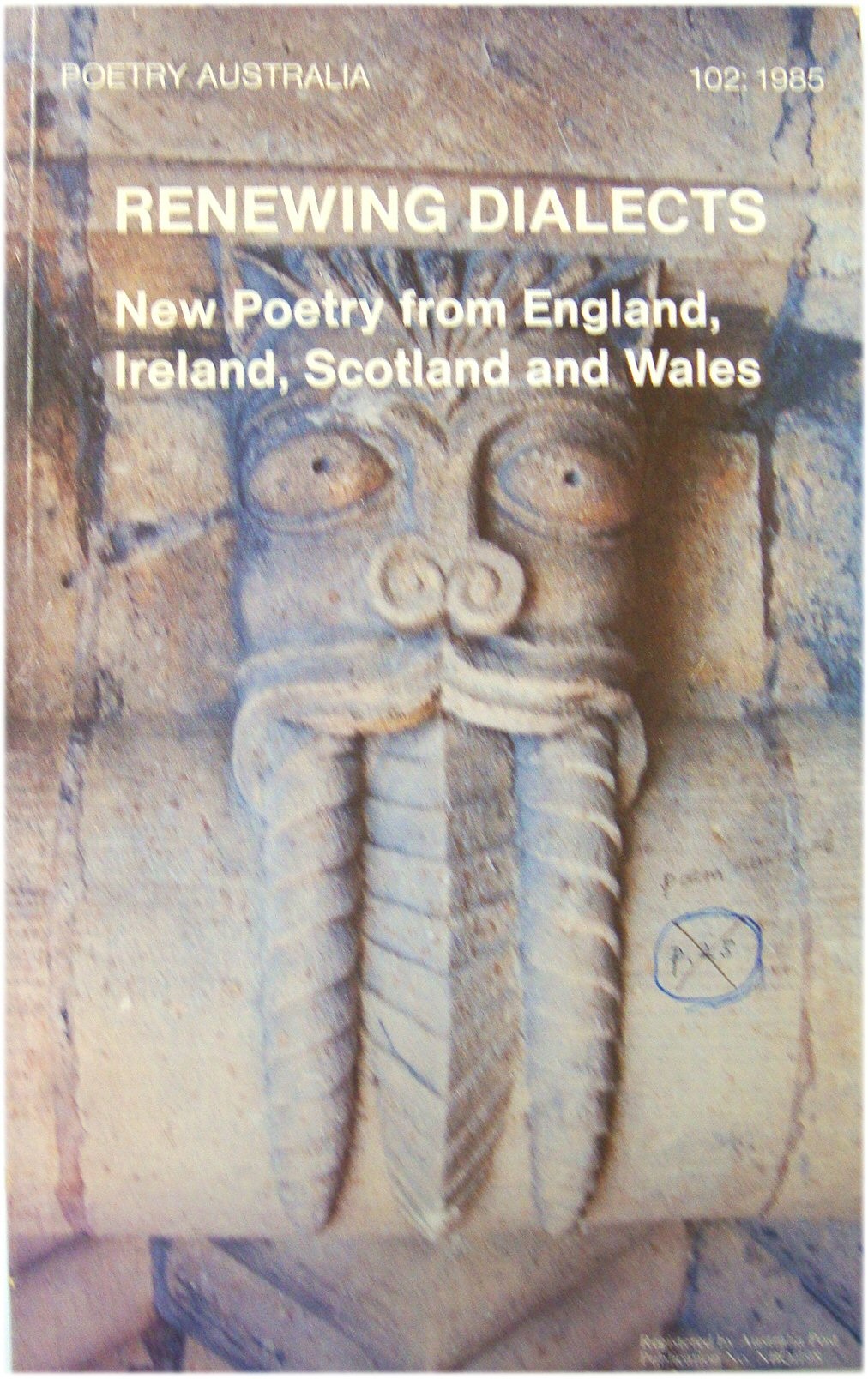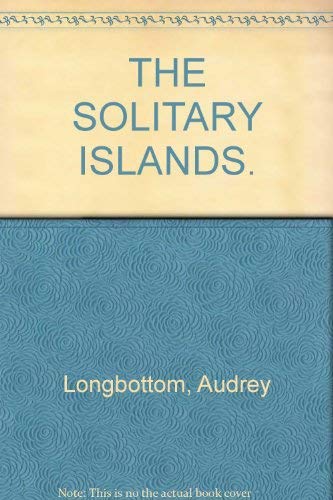
- Free Article: No
- Contents Category: Poetry
- Review Article: Yes
- Article Title: The Delicately Lighted Angle
- Article Subtitle: Good faith towards the language
- Online Only: No
- Custom Highlight Text:
With issues 101 and 102 (Renewing Dialects: New Poetry from England, Ireland, Scotland and Wales), Poetry Australia has entered upon the estate of the sage organ. The two issues account fairly representatively for PA’s traditional function – to provide opportunity, a periodic review of contemporary poetic activity, and a reliable voice. Herbert Jaffa leads off 101 with ‘Poetry Australia at One Hundred: An Impression and Appreciation’, a tribute to PA as source material and as a place of opportunity for the newish and oldish poet; and Elizabeth Perkins closes the show with a review essay of its special issues since 1968 (up to, but not including, 102). This essay cogently reminds poets and readers of a basic requirement: that poets keep ‘good faith towards the language they use’. An editor could do worse than start with such a requirement. Both 101 and 102 are clearly open to the possibilities of ‘new’ languages, and alternatives to the sort of ‘I’ catalogue of micromoments that so often puts new readers off. Shifting of the ‘I’ shuffles up some interesting versions of tone.
- Book 1 Title: Poetry Australia No. 101
- Book 1 Biblio: South Head Press, $30.00 (Annual Subscription), 80 pp
- Book 2 Title: Poetry Australia No. 102
- Book 2 Biblio: South Head Press, $30.00 (Annual Subscription), 96 pp
- Book 2 Cover Small (400 x 600):

- Book 2 Cover (800 x 1200):

- Book 3 Title: The Solitary Islands
- Book 3 Biblio: Ollif Publishing Company, $7.00 pb, 62 pp
- Book 3 Cover Small (400 x 600):

- Book 3 Cover (800 x 1200):

I read Richard Deutch’s ‘A Journey to the Martyr’s’ (tomb, by Greyhound), wonder if I’m being had, but like the way he mucks about with the whole question of ‘being had’: ‘Because my uncle was a priest, I have touched many second class relics./It occurs to me that I am a third class relic’. Sensuous reflection in each of Shapcott’s ‘Four Greek Postcards’ is set off by the final finger-click of detail – the hawk hunting at Delphi, the boy at the taverna who ‘trundles inside like a true young animal/and does not believe in monuments’. And from Rob Jackaman, characteristically uncompromising images jigsawed into three New Zealand highland poems:
Staring sockets of rock shadow
And cataracts full of needles ready to
sew
A shroud.(‘Sculpture’)
Jackaman’ s fondness for the midline space serves to focus each image, forcing the eye to consider the lethal strength of the landscape, its cold, solitude, and hard-edged physicality. There’s a little relief in delicately nosing trout, or the shepherds ‘who count the days/With a handful of local scree gravel/Tossed in a bin’. In contrast, Knute Skinner’s wry ‘The Girl with the Shy Smile’ and ‘The Beautiful White Cow’ are very ‘oral’ poems which achieve a dignified balance through the restoration of the little word and the frail parts of sentences – look at the titles.
Renewing Dialects collects new offerings from mainly oldish figures. The Introduction from editor Paul Kavanagh poses the hopeful question, ‘is something happening here that is substantially different from business as usual?’ That question probably shouldn’t be answered, but a good collection ought to provoke it. What provokes it here was in part set off in 1982 by The Penguin Book of Contemporary British Poetry, as Kavanagh points out, using the key words ‘ludic’, ‘poetic dialect’ (given and made), ‘bizarre, errantly metaphoric’. The poems here display a particular attention to language as a matter of wit and words, whatever the substantial implications might be.
Hence there’s fun too in 102. Language is a sandpit for Roy Fuller (‘What marvellous wool/From Coptic flocks/To last so well/In Coptic socks’), D. J. Enright of course, and Donald Davie. Davie’s ‘To His Terse Mistress’ is tightly formal, extracting vowel play from short, plain, clean words. The dictionary comes out from under the desk for Ewart’s ‘Going into the Details’: ‘(though, indeed, the whole language,/one could say, is obsolescent)./Such words make a don or two tumescent’, and Jon Stallworthy’s ‘Mother Tongue’. Norman MacCaig confronts the obscurity of pattern in terms of what’s left out – ‘In the circus so many things/don’t happen... And always the elephants/toddle off holding each other’s tails’ (‘Big Top’). A metaphysical impulse gives energy to staid things like codes, recordings, librarians, and geomagnetic forces in this collection. Peter Redgrove’s, for instance, achieve a strong momentum:
The wine? The magnetisms of summer
Round themselves inside the greenbottle.
The spirit of Beaujolais leaps out and
its bouquet
Bounds elastically around the empty
dining-room
But fills it with enthusiasm as though
A dozen invisible diners had entered
Briskly and drawn up chairs
Rubbing their hands and chattering
about Burgundy and steaks.(‘ A Hotel in Cornwall’)
Beating ‘gentility’ at its own game, perhaps. Other radical perceptions find expression in Craig ‘Martian’ Raine’s exquisite ‘Redmond’s Hare’ and in Richard Murphy’s daring choice of personae, or are grafted onto the childhood recollections of John Wain, Laurence Lerner, Hugo Williams and Tony Connor. I haven’t said much about the other strength of 102, the poetry which draws on an ‘otherworld’ of past, place and dialect, but I’ll mention the halflight of Heath-Stubbs’s ‘House Spirits’, and the basis of dialect which gives a formal simplicity of tone to such poetry as that from Aonghas MacNeacail, or Iain Crichton Smith, who sings to his island birthplace of Lewis: ‘you are my gaunt theme,/my poem/which burns in water’.
Difficult to fit Audrey Longbottom into this context; but since in real life too the most heterogeneous ideas are yoked by violence together, it will be done. The Solitary Islands is Longbottom’s second solo collection, after Relatives and Reliques (1979). It’s well put together (apart from a kacky green cover) to display the quiet rhythms of her poetic voice, reflective with the odd ludic coruscation. The poet looks out on a world which is necessarily social, which needs explaining through its social surfaces. In the title poem she identifies the difficulty of striking the right angle:
Further on, rock pools angle pebbles,
gull judgement.
The water bubbles, rainbows shivered
images.
I concentrate on presage but the
moment washes by,
leaving everything altered, everything
the same.
That last line represents the poetry we have become used to, with its demand that we become conscious of the everyday fabric we wear. This poet looks for ‘bits of the rainbow’, moments in which to see the familiar as strange.
The guardian pieces which flank the collection – ‘The Colour Man’ and ‘The Showman’ – are two such poems, cameos of two smalltime eccentrics which represent her style at its most secure. Also good are those dealing with the poet’s childhood, recalled with reverence for its perfect and suggestive units of experience: the taste of midnight drinks from the old iron dipper, the sensuous wares of the hawker, the child on the periphery of mother’s nervous breakdown. Better poems give the pleasures of a language that pounces on the just image. Lesser poems betray a lapse in sympathy for her subject:
You’ve discussed the cat,
the new wallpaper that displays
no difference from the old
and remarked upon the tree
– the one you knew would block theview –
and how it’s grown.
(‘What is there to say?)
The solipsistic tone is unattractive. So is the tendency to slide into old ideas – ‘Mirror, Mirror ... ’ – which creak for want of renovation.
Gauntlet-tossing poems like ‘Realty Bee’, ‘Cold Comfort’, ‘Mousetrap’, or ‘Psittacosis’, based on contemporary nasties such as estate agents and critics, fail to satisfy fully. Because although Longbottom is naturally witty, she unfortunately tends to push her lines to show off in pun or epigram, or coerces an otherwise good poem towards a judicial cadence. But, particularly in ‘3. A PAPER POPPY’, she is good at translating the metaphors people make for themselves to get by on, of houses, ritual, masks, striking at the vulnerable moment of change which threatens those metaphors. At such times we recognize them, notice ‘the blemish of belongings,/open to the sun’s glare’ (‘Removing’). Obliquity of this sort is her strength – it’s her language, and she could trust it more. Her lines move well, and when she doesn’t pressure too much – as here, in ‘Widow’ – find the delicately lighted angle she’s looking for:
‘We’ll have tea,’ she suggests. Her
hands
stretch uncertain among the best
china.


Comments powered by CComment